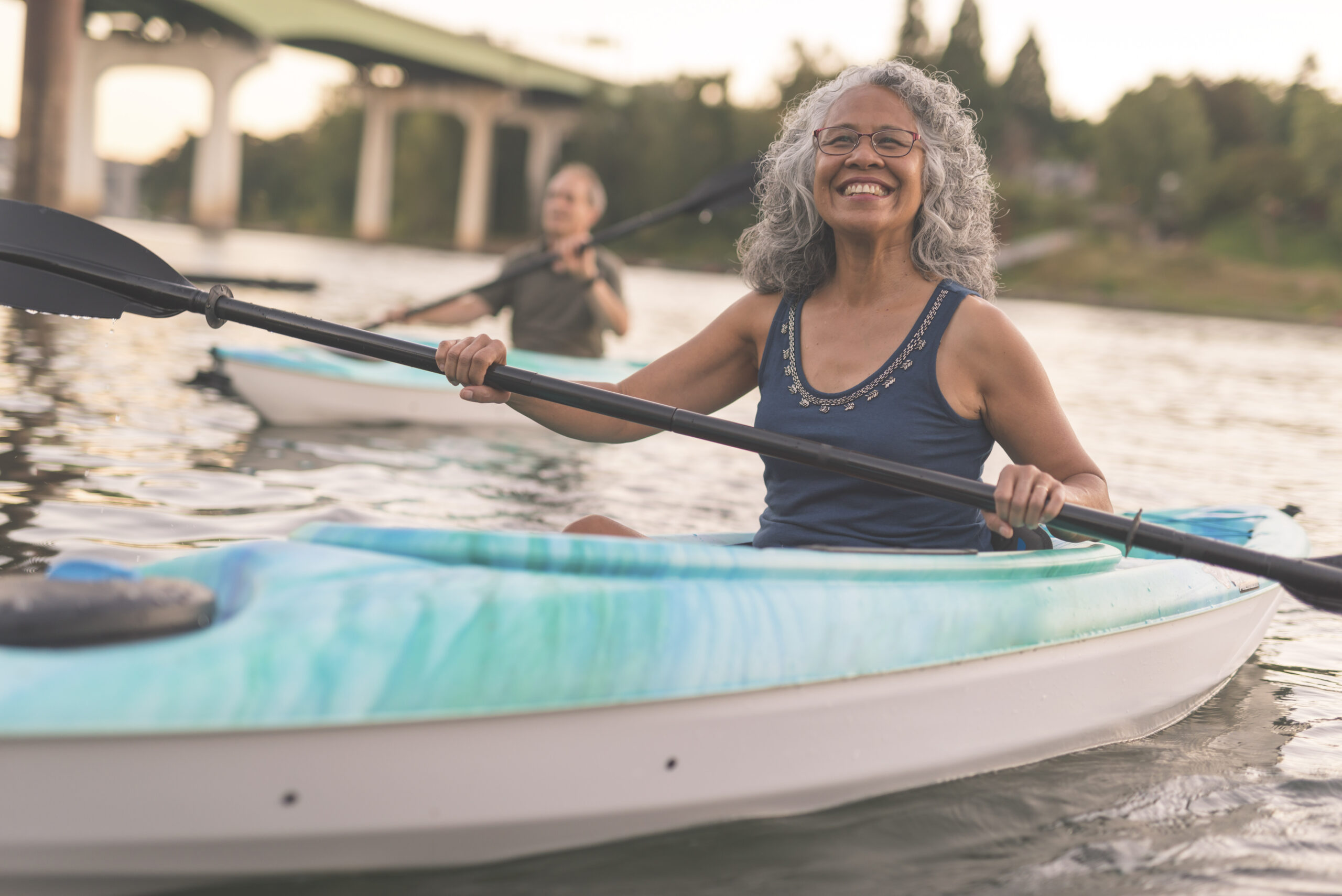If you’re in the middle of your life or just beyond and you find yourself worrying about how to avoid relapse in retirement, you’re in the right place.
Many people look forward to retirement for a variety of reasons, but often primarily because they no longer have to work (or at least, work full-time).
For many people, retirement, in a word, means freedom.
For those who have battled addiction in their lives, though, the freedom that comes with retirement can sometimes bring along the fear of new temptations.
Perhaps their job was one of the most effective ways they avoided temptation, and now that they’re approaching a new chapter in their lives that’s going to be filled with an abundance of self-dictated time, they’re worried about being able to resist temptation.
If that’s you, you’re exactly why we wrote this article.
Today, we’re going to share with you five creative (and genuinely fun) retirement activities to maintain sobriety.
The difference between avoiding relapse versus maintaining sobriety
There are two ways to approach your sobriety in retirement: you can focus on avoiding a relapse, or focus on filling your sober life with purpose and happiness.
Shifting your mentality away from “how to avoid relapse” is not about closing your eyes and covering your ears to pretend relapse doesn’t exist. Rather, this is about redirecting your energy, your thoughts, your influence over your life, to gravitate to the positive instead of the negative.
Obsessing over relapsing is, in a way, a form of tempting yourself. By hyper-focusing on the potential of using and abusing a substance, you’re going to keep it at the forefront of your mind.
Whether you’re in the early stages of your recovery or have been committed to it for years, constantly focusing on a substance that once controlled your life can sometimes pull you back down.
You already have the strength within yourself to avoid relapse in retirement.
We’re going to give you some ways to channel that strength.
1. Build a support network
Whether this means being a part of a sober support group or having an informal support group of family and friends, this is one of the best ways to help you maintain sobriety in retirement. Surrounding yourself with people you love (and who love you deeply) will encourage you to stay connected, stay engaged and stay sober.
2. Stay physically active
Some examples of this would be joining a gym, signing up for water aerobics, attending local dances, even walking for just 10 minutes a day. Staying active is not only good for you physically, but it provides a natural high that can foster better self-esteem, increase positive thinking and give you a rush of endorphins.
3. Find (or restart) a hobby
Is there something you used to love doing, but just haven’t made time for lately because your work schedule has kept you “too “busy”? Maybe there’s something you’ve always wanted to try, but never gave yourself the time to actually pursue. Retirement is an excellent time to discover (or reawaken) hobbies that bring you happiness and fulfillment.
4. Get a part-time job
While this might sound counterproductive in retirement, hear us out. Getting a part-time job (when may not need to, financially) gives you the ability to, for perhaps the first time in your life, choose a job solely because it’s interesting and fun to you. Maybe you’ve always wanted to work in a flower shop, or in a bakery; maybe you used to daydream about what it’d be like to be a foster parent to dogs. Not only do you get to do something that makes you happy, but you get paid for it, and the schedule can help maintain sobriety.
5. Reach out to us for personalized support
At Silver Ridge Recovery, rather than focus on helping you avoid relapsing, we prefer to focus on helping you build a sober life that’s so fulfilling, you’re confident in your ability to maintain your sobriety, because you genuinely want to.
If managing your sobriety feels a little overwhelming, or think you could benefit from professional guidance along the way, you can send us a message anytime.
To learn more about how we can help you maintain sobriety in retirement, submit a form or give us a call today at 855-945-7788.



